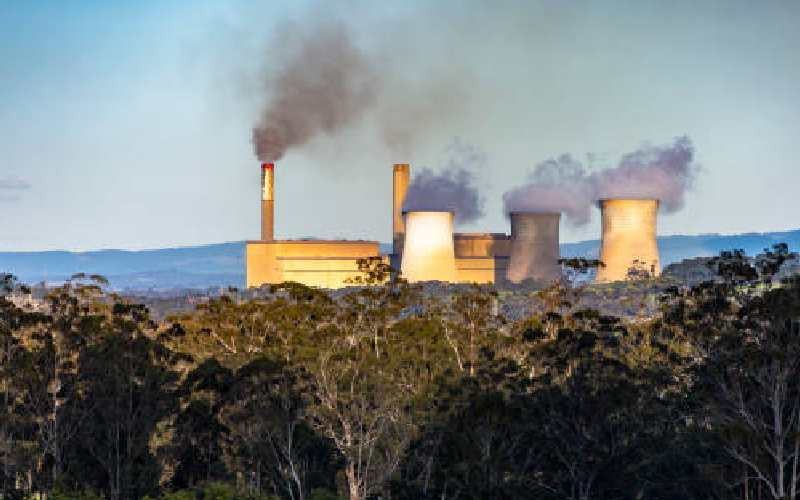
Africa is at a pivotal moment. There is growing consensus that Africans must take the lead in managing our relationship with nature. We must unite in setting a global agenda that invests in Africa and enact policies that benefit both the people and the natural resources they depend on.
However, the global decline in biodiversity and ecosystem services poses a big development issue for Africa. Africa offers the world a unique path where development happens in harmony with wildlife and their habitats. The continent holds 25 per cent of global biodiversity and almost a third of the global fresh water.